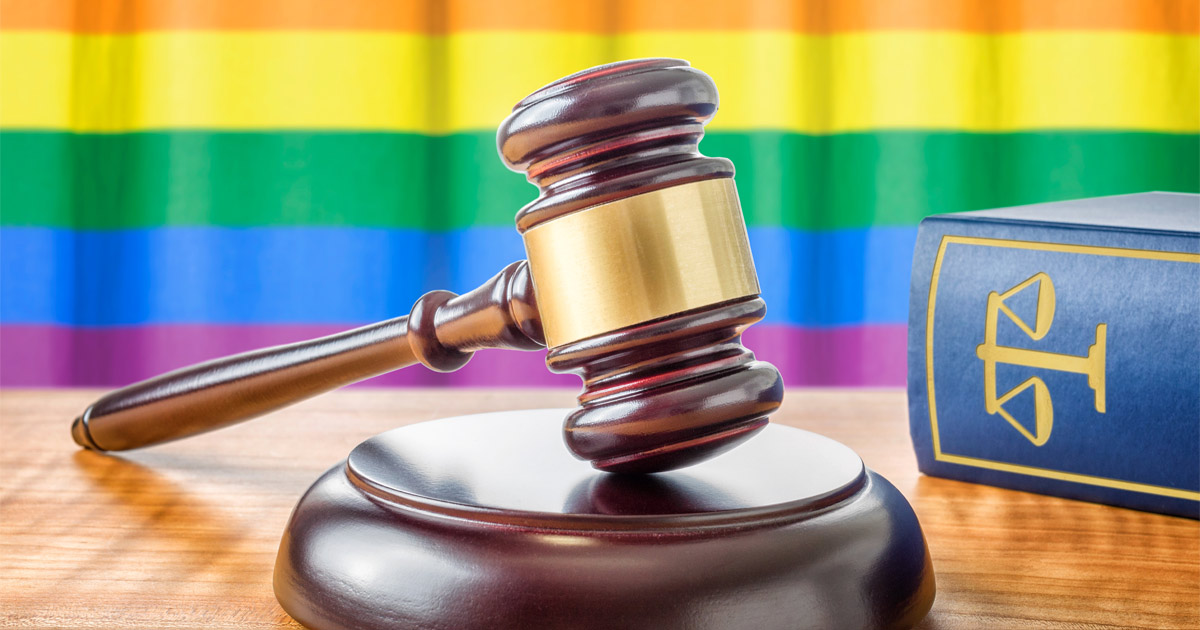Landmark Supreme Court Ruling Prohibits Discrimination Against LGBTQ Workers

On June 15, 2020, the U.S. Supreme Court issued a landmark ruling declaring that Title VII of the Civil Rights Act of 1964 unequivocally applies to homosexual and transgender workers. Although about half of the states in the U.S. have laws protecting the rights of LGBTQ citizens in the workplace, this historic decision clarifies that discrimination on the basis of sexual orientation is prohibited nationwide. Title VII of the Civil Rights Act of 1964 protects workers against discrimination during any phase of the employment process, including recruiting, hiring, training, assigning tasks, compensation, promotion, and firing.
According to the Williams Institute of the UCLA School of Law, more than eight million Americans in the workforce identity as LGBTQ, and nearly four million of them live in states that lack laws to protect them from workplace discrimination.
In writing the 6-3 opinion, Justice Neil Gorsuch noted that sex plays a necessary role in the decision, which is exactly what Title VII forbids. In Title VII of the Civil Rights Act of 1964, Congress outlawed discrimination in the workplace on the basis of race, color, religion, sex, or national origin.
Cases Considered by the Court
The Supreme Court ruling considered several cases brought to the U.S. Court of Appeals for the Eleventh Circuit where employers admitted to firing employees because they were homosexual or transgender. These cases included:
- Bostock v. Clayton, County, Georgia: Gerald Bostock worked as a child welfare advocate. Under his leadership, the county won national awards for its accomplishments. After Mr. Bostock began participating in a gay recreational softball league, he was fired for conduct “unbecoming” to a county employee.
- Altitude Express, Inc. v. Zarda: Donald Zarda was employed by Altitude Express for several seasons as a skydiving instructor. He was fired several days after mentioning at work that he was gay.
- G. & G.R. Harris Funeral Homes Inc. v. Equal Employment Opportunity Commission: Aimee Stephens worked at Harris Funeral Homes Inc. in Michigan. While undergoing treatment for depression, he was diagnosed with gender dysphoria and began exploring the prospect of transitioning. After six years of service with the funeral home, Stephens wrote a letter to management explaining that she planned to live and work full-time as a woman. She was subsequently fired.
Each employee filed a lawsuit alleging unlawful discrimination on the basis of sex under Title VII. The employers in each of these cases did not attempt to deny that they fired these employees for being gay or transgender. Rather, they contended that Title VII does not apply to discrimination on the basis of being homosexual or transgender. Also, the employers argued that the legislators who drafted Title VII would not have expected the law to prohibit discrimination against homosexual or transgender persons.
In response, Justice Gorsuch wrote that while those who adopted the Civil Rights Act might not have anticipated their work would lead to this particular result, Title VII has been expanded in the past to protect the rights of pregnant employees or men subjected to harassment at work. Therefore, Title VII can be interpreted so as to protect the rights of LGBTQ employees.
Philadelphia Employment Lawyers at Sidkoff, Pincus & Green P.C. Defend the Rights of LGBTQ Workers
The Supreme Court has made it illegal to discriminate against LGBTQ employees in the workplace. If you or someone you know endured discrimination at work during any phase of employment, contact the experienced Philadelphia employment lawyers at Sidkoff, Pincus & Green P.C. We will defend your rights to the fullest extent of the law. Call us at 215-574-0600 or fill out our contact form to schedule an initial consultation. We represent workers throughout Pennsylvania and New Jersey from our Philadelphia office.















